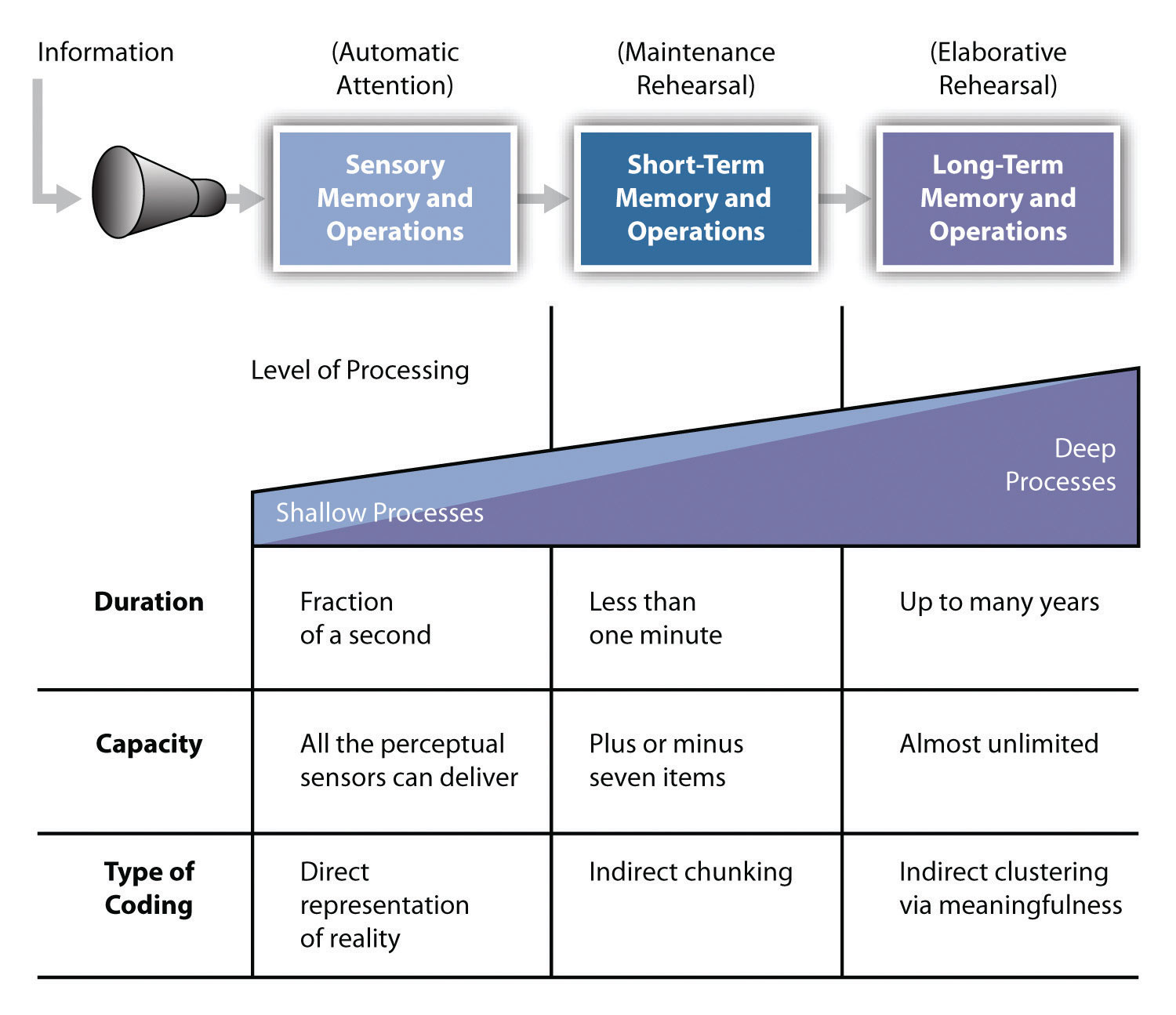Definition of time
time
tīm/
noun
- 1.the indefinite continued progress of existence and events in the past, present, and future regarded as a whole."travel through space and time"
- 2.a point of time as measured in hours and minutes past midnight or noon."the time is 9:30"
synonyms: hour; datedo'clock"what time is it?"
verb
- 1.plan, schedule, or arrange when (something) should happen or be done."the first track race is timed for 11:15"
synonyms: schedule, set, set up, arrange, organize, coordinate, fix, line up, slot in, prearrange, timetable, plan; slate"the events were timed perfectly" - 2.measure the time taken by (a process or activity, or a person doing it)."we were timed and given certificates according to our speed"
synonyms: measure, clock, record one's time "we timed ourselves to prepare for the race" Definition of time management
- time man·age·mentnoun
- the ability to use one's time effectively or productively, especially at work."time management is the key to efficient working"
5 STRATEGIES (STUDY SYSTEM)
- Weekly schedule
- Daily Planner (more details)
- Semester Calendar
- Academic vs personal life
This strategies is important to avoid procrastination
What is PROCRASTINATION?
- Act of putting off intentionally to doing of something should be done
- It is behavior - Postpone/delay work/activity
- Source of great stress and anxiety of many people
How to manage time?
- Routine
- ASAP
- ASAP
- Routine
- ASAP
- ASAP
- ASAP
- ASAP
- ASAP
- ASAP
Semester schedule
Week 1
- Semester Interim
- Lecture start
- Presentation movie (ELC)
Week 2
- Presentation in pairs (ELC)
Week 3
- (ELC) LIRA 1 (20/6)
Week 4
- (ELC) Listening test 1 (6/7)
- Presentation Country
- Start koko
Week 5
- (CTU) Exam 1
- (ELC) Movie Analysis (11/7)
- (ELC) LIRA 2 (12/7)
Week 6
- (ELC) Role play
- (CTU) Deadline assignment
- (CTU) Deadline Yasin
Week 7
- (CTU) Analysis Presentation (25/7)
- (ELC) Listening test (25/7)














